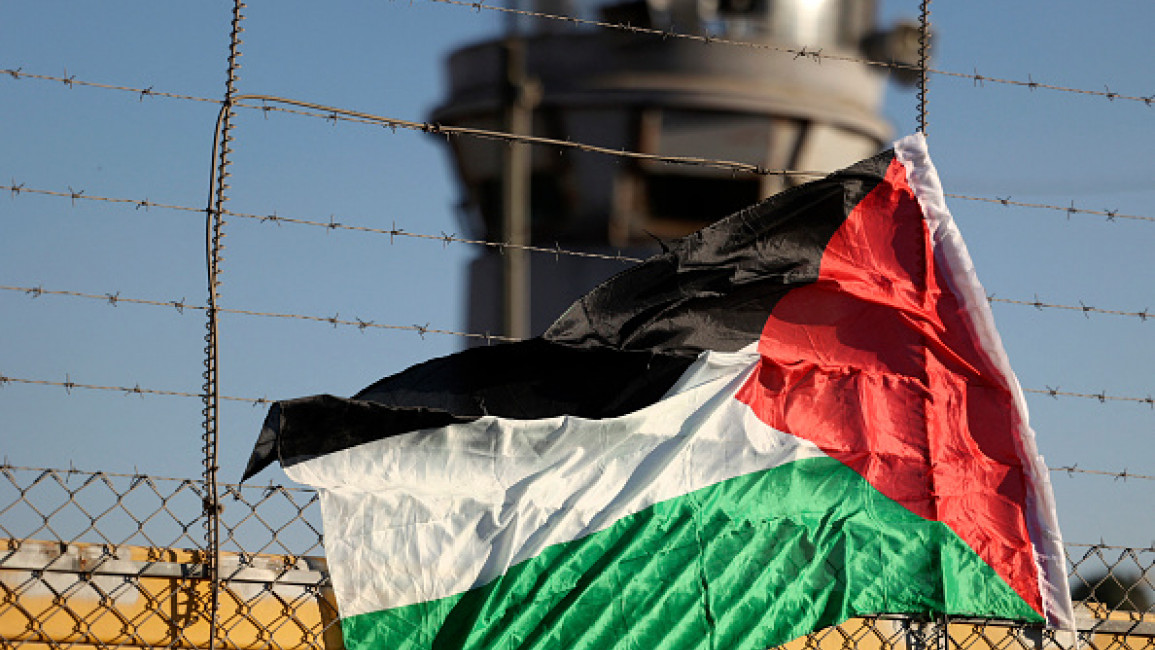Palestinian prisoners to stage mass hunger strike over 'repressive measures' in Israeli jails
Palestinian prisoner groups representing detainees in Israeli jails have announced a mass hunger strike later this month in protest of repressive measures against them, a statement released on Thursday said.
The decision came after a session was held by between the Supreme National Emergency Committee for Prisoners and several prison administrations, according to the Palestinian Prisoners Society (PPS).
The Palestinian prisoners informed relevant administrative officials that they will escalate their acts of protest against their detention, until their demands were met.
The statement concluded that the detainees will begin a hunger strike on 25 March, if Israeli policies, such as placing prisoners in solitary confinement and forcibly searching them, continue.
The protests against repressive policies come after months of several incidents, such as the events of the Gilboa prison outbreak, where six Palestinian prisoners successfully escaped from the maximum-security prison in northern Israel.
The escapees were eventually recaptured and subjected to physical abuse and extra detention. Other Gilboa prisoners were also beaten and tortured in the escapees’ absence.
Last month, prisoners in the Palestinian sections in the Israeli prison of Rimon were physically assaulted by Israeli repression units, according to the PPS.
Authorities confiscated Palestinians prisoners’ belongings and vandalised their rooms. Similar incidents occurred last month in Nafha prison, occupied southern Negev prison, according to Al Jazeera.
Palestinian prisoners have previously protested their conditions and ill treatment by going on hunger strike on several occasions.
In 2019, 400 Palestinian prisoners engaged in a mass hunger strike across numerous Israeli prisons until their demands of improved medical care and conditions, more family visits and access to a public telephone were met, according to the Chicago-based The Electronic Intifada. The strike ended with Israel conceding their demands.
The number of Palestinian prisoners in Israeli occupation prisons has reached nearly 4,500, including women and children, according to prisoners rights groups.
Around 500 of Palestinian prisoners are being held in Israeli administrative detention without charge or trial.
Under the administrative detention order, Israel imprisons Palestinians for six months at a time, which can be extended indefinitely.
Israel says the procedure allows authorities to hold alleged suspects in a measure to "prevent attacks" while continuing to gather evidence.
Rights groups say such a system is abusive to Palestinian children, who are mostly arrested on suspicion of throwing stones.



